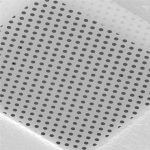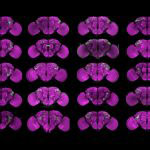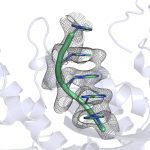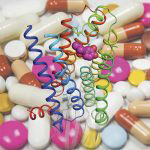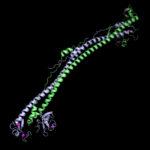
Our genome contains DNA from ancestral retroviral infections. These stretches of DNA are not usually harmful unless the cell’s normal ability to regulate them is lost, then their expression can potentially lead to disease. Yorgo Modis’ group, in the University of Cambridge Molecular Immunity Unit at the LMB, have solved the structure of a master regulator of integrated retroviral DNA, KAP1, providing mechanistic understanding into the function of KAP1 in silencing retroviral insertions.
